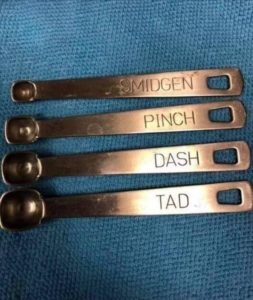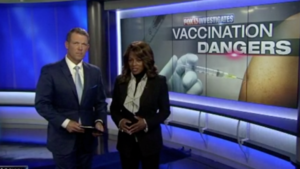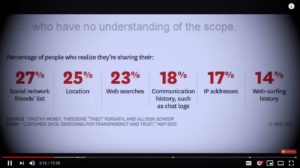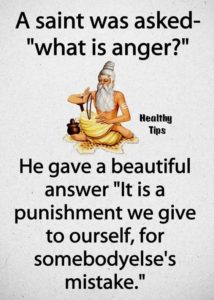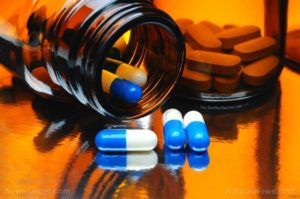As I was walking along this morning I got to thinking about how to improve various conditions in life. The thought occured to me that one of the most valuable and powerful four word questions in the English language is, “What would it take?”
For several reasons. First, it focuses on the product, what it is you want to accomplish. Second, it demands that one focus not on any old thing you can do, but rather what doingnesses and sub-products will actually bring about the desired result.
So if you are up for some improvement in your life, this week make a list of non-optimum conditions in your job, family, marriage, health, friendships, social groups or society at large that you would like to improve or improvements you would like to see come to pass.
Then ask, “What would it take?” to fix the non-optimum condition or see the improvement occur. May be that will bring to light one or more solutions. Maybe not.
If not, the undercut might be, “What action can I undertake that will start to improve the condition?”
And then slot that action into your schedule for the coming week.
Rarely do major changes happen instantly. Most people are put off when they confront the effort required to accomplish a large goal. And that part of the mind that is set up to trip you up will almost certainly be ready to offer up any number of reasons why you cannot accomplish your goal. So don’t be deterred by the magnitude of the effort involved and all the reasons that will come to you about why you cannot do it. Just keep putting it there that you will accomplish your target.
I read that it takes 10,000 hours of practice to become world class at most things. Sports, playing a musical instrument, painting etc. Sounds like a lot when you say it like that. But many people spend two hours a night chilling out. Probably not most of the people I know, but many do.
Put that two hours a night into a project of your passion and that’s 730 hours a year. 15 years of spare time and you could be world class at a skill of your passion.
Probably most people cannot confront a 15 year plan. But you could confront two hours tomorrow night. And with that success under the belt you could probably confront doing the same the next night. And most things you want to improve won’t take 10,000 hours!
I am told if you do something for 30 days you’ve established a habit that is harder to break than keep.
So this is my “end of year” motivational talk to you to decide how you are going to improve some aspect of your life and not be deterred from implementing those actions that will lead to your success.
So this is a toast from me to you, “To your unbridled success!”

